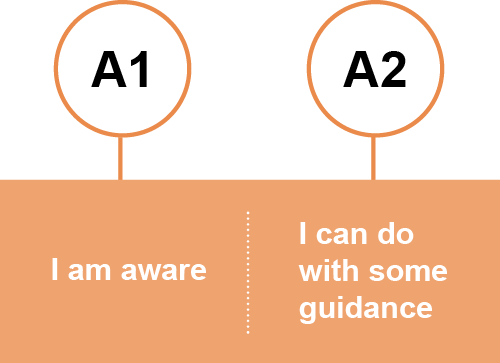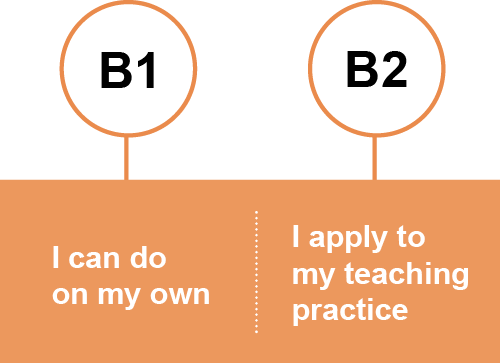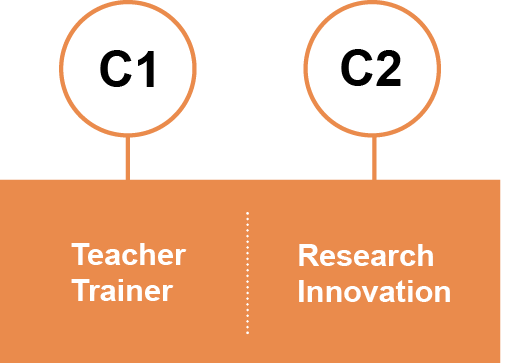Area 1. Professional Engagement
The professional engagement of teachers is expressed through the protection of the well-being of students and their adequate intellectual, physical and psychological development, participation in the centre, collaboration with families, responsible action in the environment and with their own professional development. Therefore, the digital competence of teachers should not only refer to the ability to use digital technologies to improve education and learning, but also for the proper performance of all tasks related to professional practice.






1.1 Organizational communication
Description. To use digital technologies established by the Educational Administrations or, where appropriate, by the owners of the centre, to enhance organisational communication strategies between the agents of the educational community and these with third parties. To contribute to the improvement of such strategies and the projection of the institutional image of the organisation.
1.2 Participation, collaboration and professional coordination
Description. To use digital technologies to participate in the collegiate governing and teaching coordination bodies of the centre, to coordinate with the members of the teaching teams, of the educational guidance and support services, as well as to collaborate with teachers from other centres, educators and members of other institutions in the development of specific plans and projects promoted from the educational centre.
collaboration through digital technologies.
1.3 Reflective practice
Description. To individually and collectively reflect on, critically assess and actively develop one’s own digital pedagogical practice that is developed in the classroom and in the centre in order to apply the improvements identified through this process.
1.4 Digital Continuous Professional Development (CPD)
Description. To continuously develop professional teaching skills through digital media. To keep the digital teaching competence updated.
1.5 Protection of personal data, privacy, security and digital well-being
Description. To protect personal data, communications and access to devices, within the educational field, to avoid risks and threats that affect the rights and digital guarantees of all members of the educational community contemplated in current regulations. To use digital technologies in a responsible, safe and healthy way to avoid occupational, personal and environmental risks and to guarantee the physical, psychological and social well-being of students when using digital technologies.
